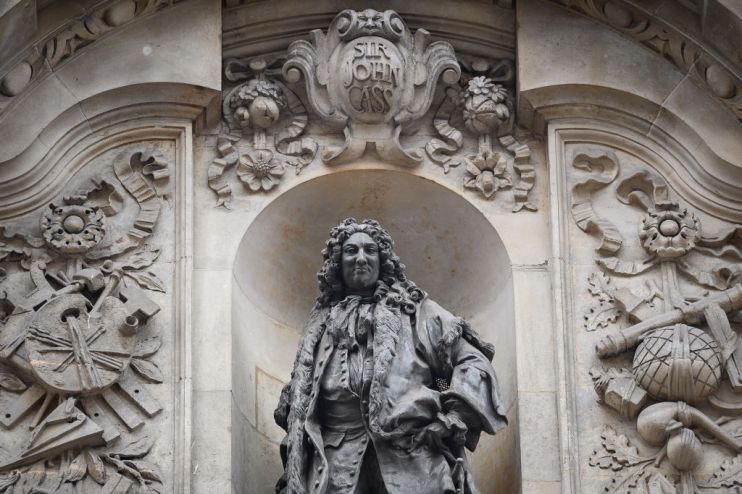City of London Corporation to remove controversial slavery-era statues

The City of London’s local authority has today voted to remove statues of a slave trader and a slave owner from its Guildhall HQ.
The City of London Corporation’s Policy and Resources Committee, its most influential body, voted to remove the statues of Sir John Cass and William Beckford in an attempt to distance itself from the Square Mile’s historic slavery links.
The vote came after the local authority commissioned a review into racially insensitive monuments in the Square Mile last year in the wake of the global Black Lives Matter protets.
Cass – whose name was also removed from the title of City University’s business school last year – was a major figure in the Royal African Company, which made much of its money directly from the slave trade.
Cass went on to donate chunks of his fortune to philanthropic causes throughout the City of London in the early 18th century.
Before the Open newsletter: Start your day with the City View podcast and key market data
Beckford, who held senior positions within the City of London Corporation during the 18th century, made his vast wealth thanks to the ownership of some 1,200 slaves on Jamaican sugar plantations.
The Corporation’s policy chair said she supported the removal of the two statues from the historic Guildhall building.
“I didn’t go into the taskforce expecting to come out myself supporting that sort of proposal, but after hearing the very careful debate, and after considering the prominence between those statues in the Guildhall, I fully support what’s being recommended here,” she said.
There was some debate during the meeting as to whether the statues should be kept in place with plaques added to inform people of the pair’s slavery past or to scrap them altogether.
Financial News reports that the statue of Cass will be given back to the John Cass Foundation.
Beckford’s statue will likely be moved away from Guildhall’s Great Hall to a far less significant location, with a plaque telling people about his slave-owning past.